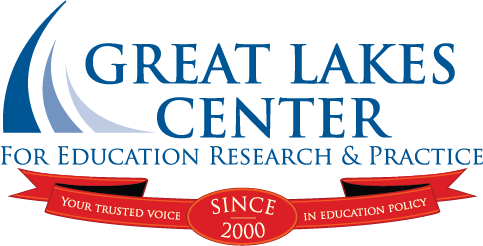
 |
June 8, 2023 |
|
Contact: Exploring How Power and Privilege Interact With Disability Laws in EducationKey Takeaway: Policy brief offers recommendations to address the ways that disability law favors privileged families. GRAND RAPIDS, MI (June 8, 2023) - Although education is often rhetorically or aspirationally lauded as the great equalizer, far-reaching inequities persist. The legal process is one avenue to address inequities in education. However, the law can also exacerbate inequities. This is particularly the case when either privileged or under-resourced families navigate gray areas in the law, including federal laws related to students with disabilities-specifically, the Individuals with Disabilities Education Act (IDEA) and Section 504 of the Rehabilitation Act of 1973. In a policy brief released today by NEPC, Section 504 Plans: Examining Inequitable Access and Misuse, Maria M. Lewis of Penn State University and Raquel Muñiz of Boston College present research and emerging trends that should inform policymaking around Section 504. The brief notes that Section 504 currently favors powerful and privileged families because of its broad eligibility criteria, a lack of funding to support implementation, and its substantial deference to the professional judgment of educators and external evaluators. Accommodations can be a powerful tool to promote equity for students with disabilities and it is important that all students who need accommodations have access to them. Federal disability law allows affluent parents, families, and students to leverage their power and privilege to pursue accommodations when needed-and even when they’re not. Consequently, the federal law can leave minoritized caregivers who lack resources-such as money to pay for private evaluators-unable to access 504 accommodations, including extended testing time, modified classroom assignments, and breaks. Lewis and Muñiz also explain how research and emerging trends have raised increasing concerns about unfairness and abuses of disability policies, particularly with regard to intersectional disadvantages and advantages that may emerge in the implementation of Section 504, depending on a student’s social identities. For example, a single individual may be disadvantaged by ableism and classism, or ableism and racism. The converse is also true: An individual with multiple privileged social identities may experience compounded advantages. Because many of these inequities are systemic, the authors conclude by providing recommendations that include policy actions at the federal, state, and local levels. Find Section 504 Plans: Examining Inequitable Access and Misuse, by Maria M. Lewis and Raquel Muñiz, at: This policy brief was made possible in part by the support of the Great Lakes Center for Education Research and Practice (greatlakescenter.org). The National Education Policy Center (NEPC), a university research center housed at the University of Colorado Boulder School of Education, sponsors research, produces policy briefs, and publishes expert third-party reviews of think tank reports. NEPC publications are written in accessible language and are intended for a broad audience that includes academic experts, policymakers, the media, and the general public. Our mission is to provide high-quality information in support of democratic deliberation about education policy. We are guided by the belief that the democratic governance of public education is strengthened when policies are based on sound evidence and support a multiracial society that is inclusive, kind, and just. Visit us at: http://nepc.colorado.edu About The Great Lakes Center - ### - |
|